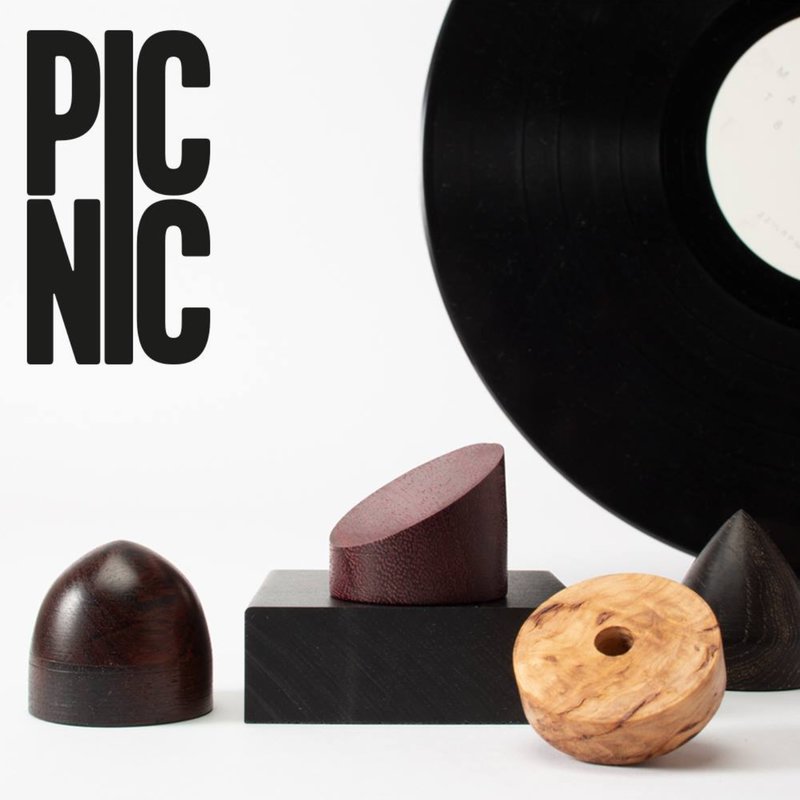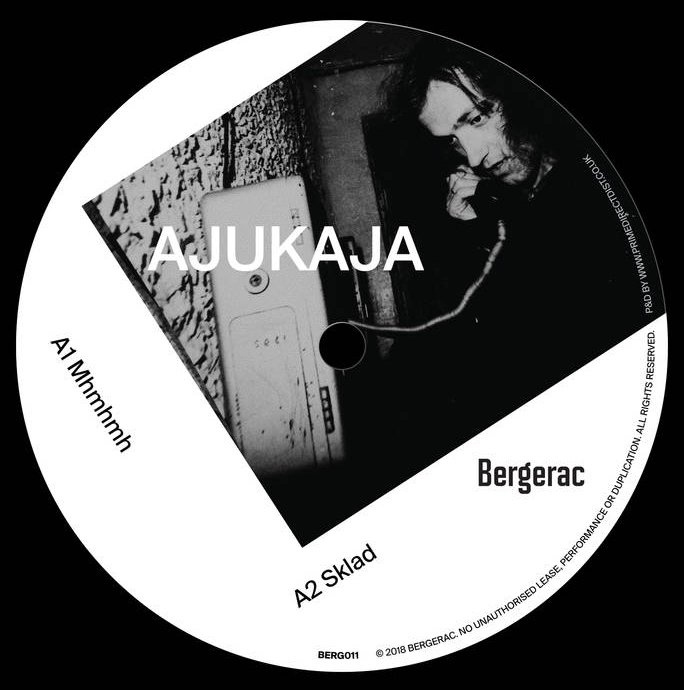Boys Will Be Boys The Story Of Boys Own
This article was written by Eddy Rhead and originally appeared on Oi Polloi's fine blog and as its a fine read we asked to rerun it here as some of you may be pretty interested...
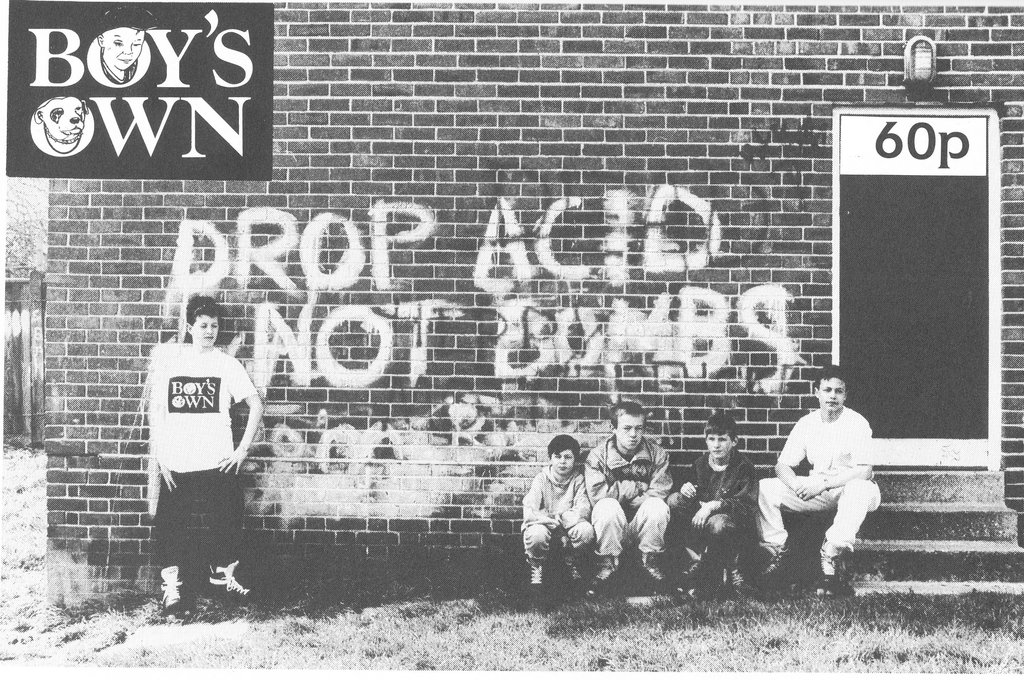
With the release of a limited edition book that brings together all the back issues of Boy’s Own magazine, I spoke to Terry Farley and Cymon Eckel who, along with Andrew Weatherall and Steve Mayes set up and produced Boy’s Own for 12 issues between 1986 and 1992…
The story of Boy’s Own, and how it came to be, is a story that will not be unfamiliar to many of you. There is nothing remarkable about a bunch of working-class lads, growing up in the late 70s and early 80s, in an unglamorous suburb or edge lands town, leaving school with little or no aspiration and working in a menial job and spending any spare cash on either records, clothes, following football or a combination of all three.
As with many of their generation, they were seeking to find a meaningful identity in Thatcher’s Britain and with the discovery of acid house, and all the hedonistic and mind expanding pleasures that went with it, they found a place that was open to everyone, regardless of background, status, gender, sexuality or colour, and as long as you possessed an open mind to new music, ideas and experiences you could join. Acid house gave creative opportunities to those that hadn’t been to art school or university, hadn’t been part of a metropolitan elite and who, at any other time, may have been seen as perhaps a little ‘different’.
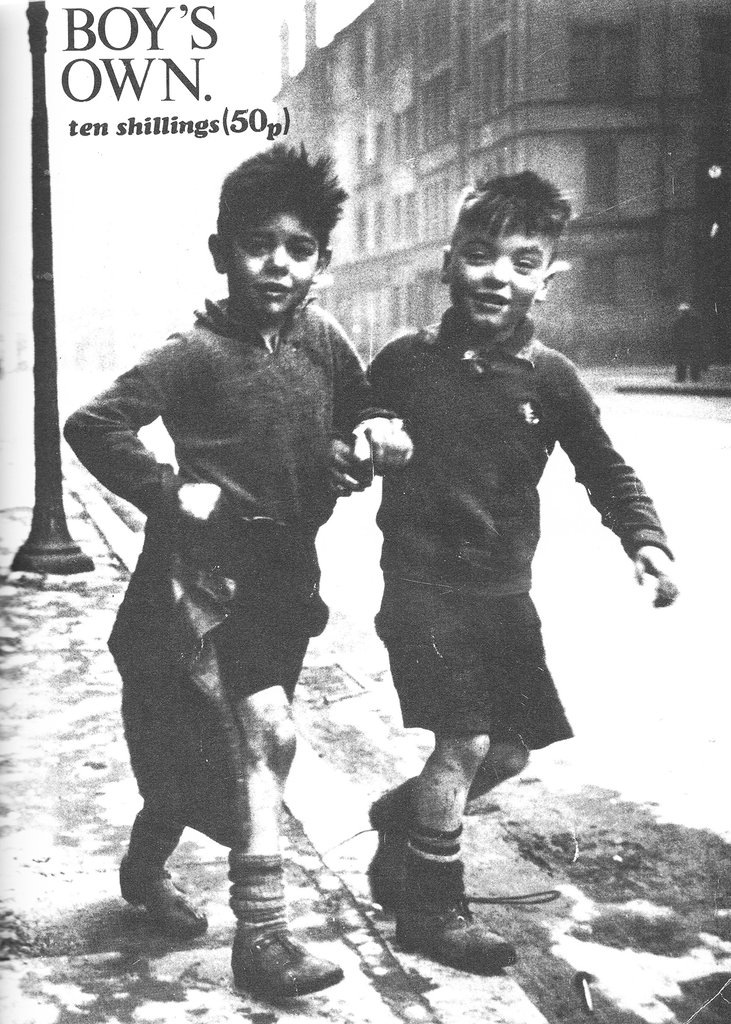
In the case of Boy’s Own the unglamorous towns were Slough and Windsor. Terry Farley had grown up on Britwell GLC overspill estate in Slough where the main role models, if you can call them that, were football ‘leaders of their clubs ends’. Farley remembers, “Mostly we read about them in the Sunday newspapers when they did exposes - nobody at school had ever actually seen Tiny, Eccles, Johny Hoy or Sammy Skyves but they were legendary in schoolyards all over.”
Just down the M4 in Windsor were Cymon Eckel and Andrew Weatherall. Eckel had failed to get into the Royal Navy and then had harboured aspirations to be an actor and Weatherall was a budding freelance music journalist and, having been to grammar school, was considered ‘the clever one’. He is though, I’m firmly assured by Eckel, definitely not posh.
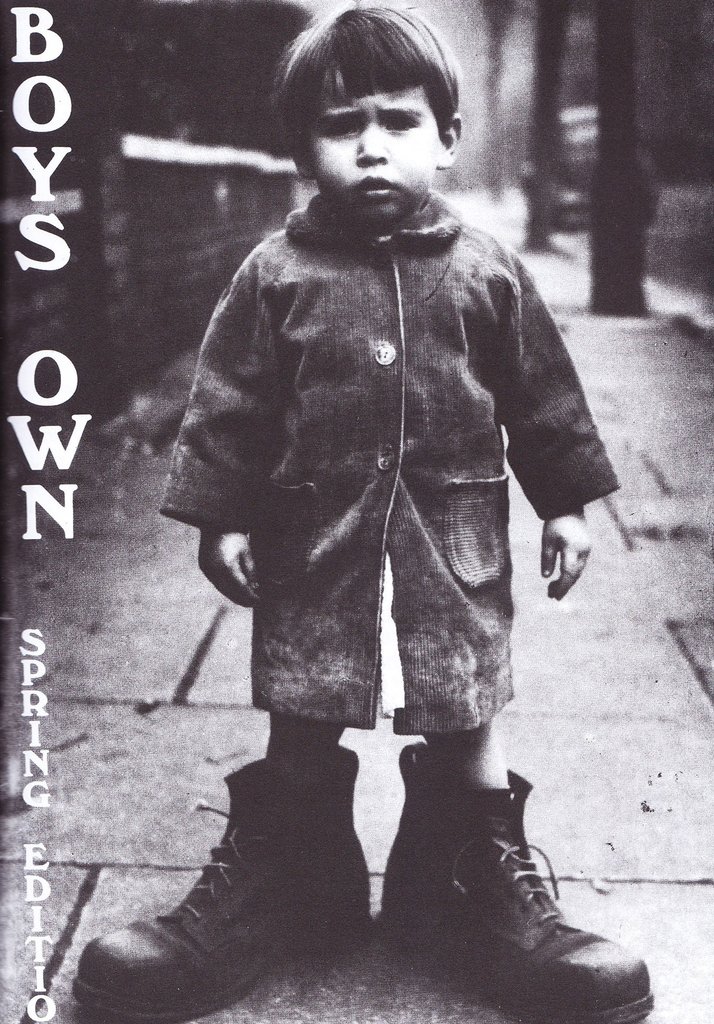
They all met in and around the pubs and clubs of Staines, Slough and Windsor with Farley and Weatherall being the main record collectors of the bunch and therefore nascent DJs. Steve Mayes, another friend from around Windsor/Slough, made up the original Boys Own crew.
Farley, a bit older than the rest, had been about a bit in his post-school years, in part by following football but also because of his dedication to soul music. He tells a story of travelling up to Wigan in the back of a van with a bunch of fellow soul fans to visit the legendary Wigan Casino. Arriving around teatime they were surprised to find no evidence of the legendary queues and wandered straight in.
Whilst mildly impressed, Farley and his band of merry travellers were not blown away by what they found at the Casino. It was only at 10pm when the house lights came up and they were all chucked out that they realised they had arrived too early for the legendary all-nighter and had to queue up once again for the main event. One of the lads in the back of the van was Gary Haisman, who sadly died recently. Terry later cites Haisman as a huge influence on him and the London clubbing scene and it was Haisman who first took Farley to Shoom where his life, like for many other people, was to change for ever.
Despite a reputation as an ‘arsey wanker’ who constantly winds northerners up, Farley has an unbegrudging respect for northern cities and is happy to admit that he was to start Boy’s Own fanzine after getting hold of a copy of The End – a fanzine produced by Peter Hooton, later of The Farm, in Liverpool throughout 80s that featured poetry, fashion, political commentary and football.
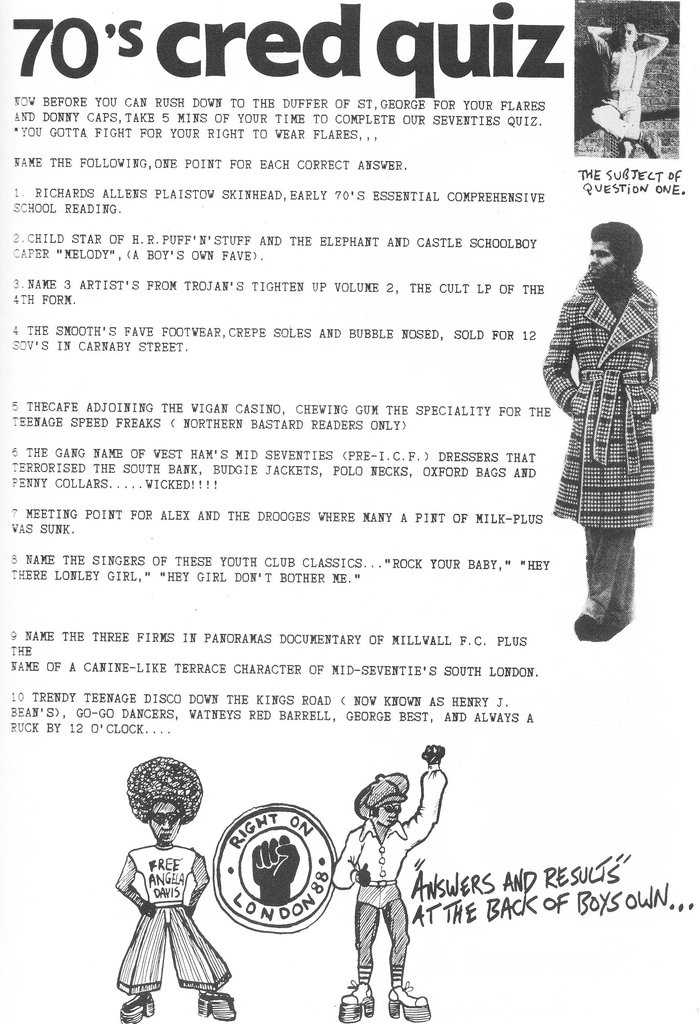
It is claimed by Weatherall that Farley presented a copy of The End to him and Eckel and pronounced in his own inimitable manner, “If a bunch of Scousers can do this, then so can we.” With this, Boy’s Own was born.
The name was chosen not only because Farley liked the aesthetic of the original Boy’s Own magazine, but from the name that kids who dressed at the match were given before anyone thought of the casual, Perry or scally monikers.
“People simply asked ‘did they bring any boys’” remembers Farley. Farley claims he went to the football not only to watch the game but also to see what the older lads were wearing and aspire to copy their style. He remembers being no older than 10 or 11 at the match and searching out the older lads to see what they were wearing.
He recounts the sort of conversation him and his mates would have, “Oh he's got fringe and buckle loafers on! Oh look he's got a South Sea Bubble jumper on! Oh he’s got Toppers on! Where can we can Toppers from?”
I had to admit I had no idea what Toppers were, but they were crepe soled, ox blood leather shoes that looked a bit like clown shoes and were de-rigueur amongst many London football fans in the 1970s.
So, with a rather eclectic agenda of football, fashion, music and social commentary, Boy’s Own put together their first issue using the standard arsenal of weapons at the disposal of your average, penniless fanzine – namely a typewriter, Letraset, Pritt Stick and a mate who had access to a printer.
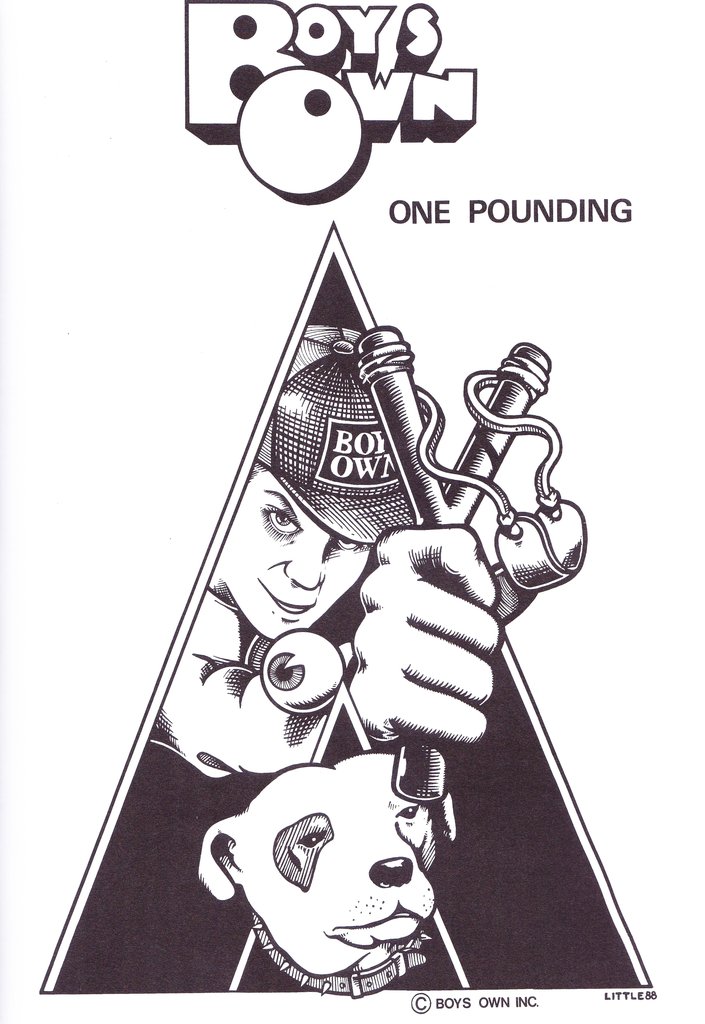
The first run was 500 and I was surprised at such a relatively large amount for the first issue of what was a pretty niche fanzine. “We were very sure of ourselves,” boasts Farley and perhaps more pragmatically, “Our mate was a printer so he just did as many as he could get away with on the side” explains Eckels.
The distribution network was as eclectic as the content, with Farley selling a few at the football, a few at pubs and clubs but the majority going into shops in and around central London. “The ‘shop culture’ in the 80s was very important” says Terry. I wasn’t sure what he meant by the ‘shop culture’ so asked him to elaborate.
“From the mid-70s you would get coaches and coaches come down to the Kings Road. Coach loads would come in from Leicester, the Midlands, South Wales and the like and people would just walk up and down. Clothes shops were more important than record shops in a social way. You’d go in, pick up flyers, hang around, chat to other people and the people working in the shops always new exactly where the best places to go were. You’d start at World’s End, down the Kings Road, up Sloane Street to Knightsbridge where a Lacoste shop had opened in about 77, then back down to the Fiorucci shop, which was a big deal back then.”
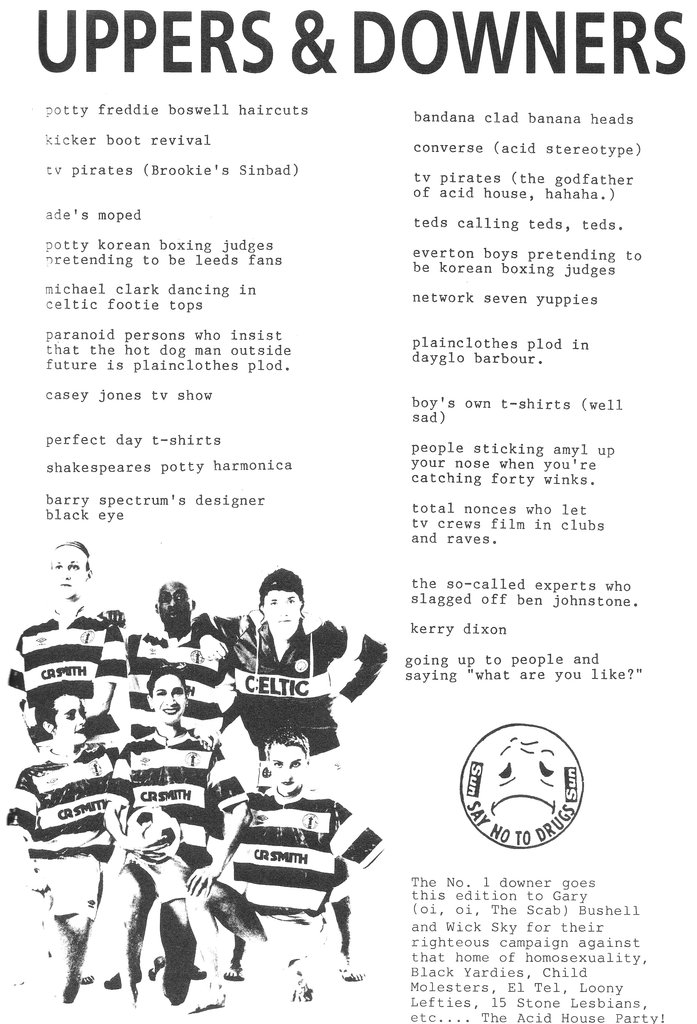
So, by the time Issue 1 was launched, the Boy’s Own crew already had connections in many of the cool shops in London and could be sure to sell plenty of copies to like-minded customers. It’s unsure how many of that first issue did actually sell but there was obviously enough interest in the Boy’s Own fanzine for them to produce more.
The content of those early issues is perhaps a seemingly odd mix of interviews, reviews, lists and downright daftness. In issue one for example is an interview with Martin Stephenson – a rather twee folk / rockabilly singer with a punky edge, a review of a Trouble Funk gig and a lengthy essay about The Festival of The Tenth Summer, a festival organised by Factory Records to celebrate ten years since punk at Manchester's G-Mex. An apparently odd mix for sure but one that, to me at least, wasn't at odds to what many people were into in those pre-acid house times.
In 1986, when Boy’s Own Issue 1 came out, I attended a Martin Stephenson gig at the Free Trade Hall, went to the Festival of The Tenth Summer and owned a Trouble Funk record. I, unknowingly, was clearly the target demographic for early Boy’s Own.
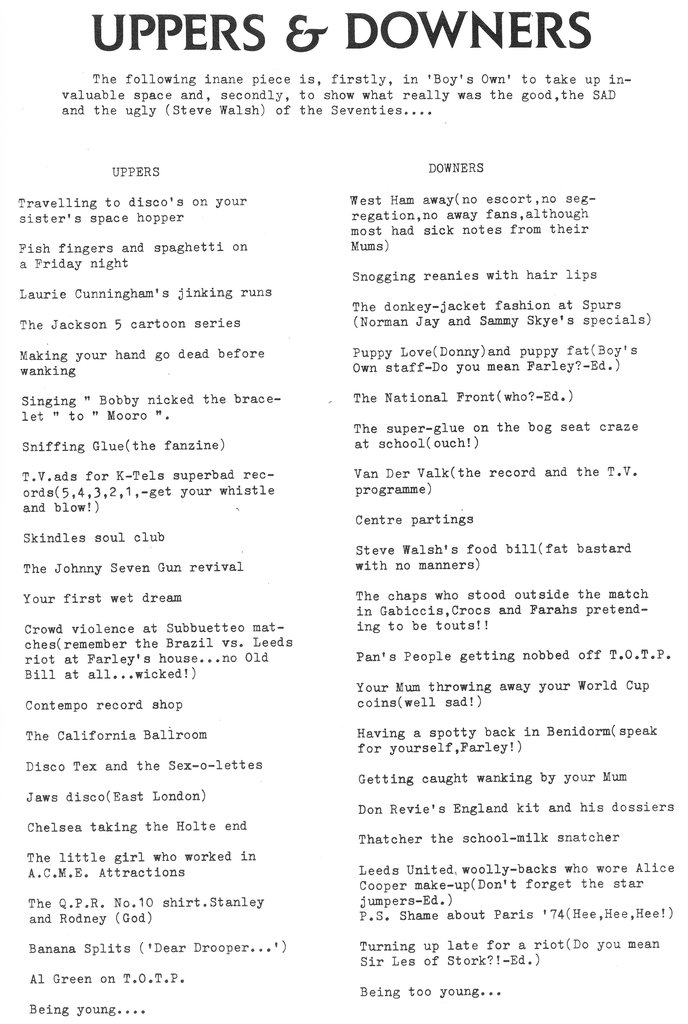
And so the fanzine carried on its merry way until that fateful day that Terry Farley attended Shoom.
“Nothing that I saw and heard there was unfamiliar to me. I had heard a lot of the music that was playing, I recognised a lot of the people there and was aware of ecstasy well before '88, but it was just the combination of all these things and the energy that blew me away.”
By Monday morning Terry had taken the word back to the others in Boys Own and they all dived feet first into London's burgeoning acid house scene.
The tone of Boy’s Own started to change within its pages as its contributors’ interests started to veer more towards acid house and the lifestyle that went with it. It is perhaps in Issue 5, that came out in Spring 88, that the change can be best seen. It features an article by an un-credited Paul Oakenfold (conscious that his day job in the music industry may be a jeopardy if he was associated with the drug taking that formed the bedrock of the scene), who contributed an article titled ‘Bermondsey Goes Baleric’ (sic) extolling the wonders of the new sound he and his DJ pals were championing.
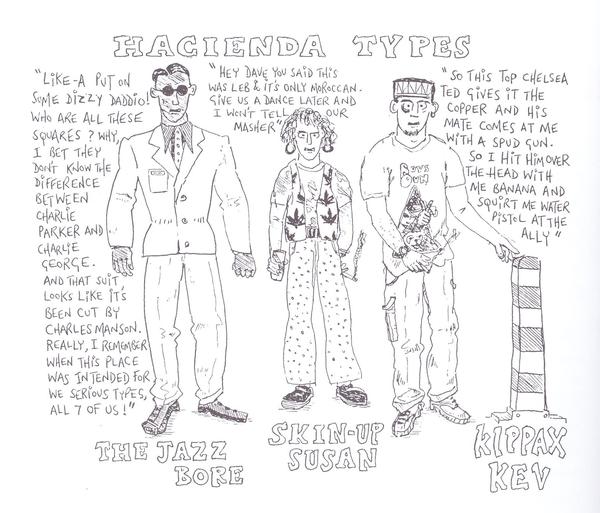
As '88 turned into '89 the clubs of the north mainly went full-in with house, or its more boisterous offspring rave, whereas London persisted with its more eclectic Balearic cousin. A small network of like-minded clubs across the country provided a willing audience for Boy’s Own, its fanzine and its ethos with Spice in Manchester and Venus in Nottingham featured within its pages.
The majority of the content however centred around the London scene and it soon became clear that Boy’s Own could no longer be contained within the pages of some photocopied pages, and they started to organise their own parties. The magazine started to reflect the changing interests of its founding members and the football and social commentary because less prevalent with the pages featuring more and more happy smiling faces of blissed out clubbers.
As with any magazine the adverts contained within are often as culturally telling and interesting as the editorial. Early issues had adverts for hairdressers or shops owned by mates of Boy’s Own, but as the magazine became more popular slicker ads for (now legendary) club nights started to appear and record companies and clothing brands, eager to be associated with the cool kids, began to place ads.
Even with the odd advert and healthy sales figures Farley and Eckel insist (and I don't disbelieve them for a second), that the magazine never made any money, with what meagre profits earned just going into producing the next one. It was just a labour of love.
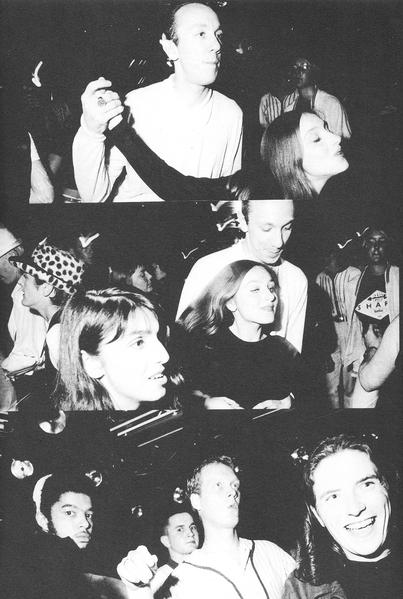
And then, after 12 issues, in spring 1992, Boy’s Own finished. Weatherall, in a manner that perhaps epitomises his uncompromising career from thereon in, decided he, at aged 28, no longer had a right to be telling the new generation of clubbers what was hot or not. In a show of allegiance, the rest of the members decided that it was all for one and one for all and, at the heights of its powers, Boy’s Own, the fanzine, ended.
It is at this point I would like to put forward a theory I have about acid house that is relevant to the Boy’s Own story. It is borne out of my own personal experience and is probably based on the pseudo mystical ramblings of an ex-raver who perhaps took too many drugs back in the day – but it’s a theory I’m sticking with regardless. I postulate that the early adopters of the acid house scene did not find acid house, but that acid house found them — and Boy’s Own are perhaps the epitome of this.
A bunch of people from pretty mundane and unprivileged background with a wide range of interests and therefore open minded were, either knowingly or unknowing, looking for a channel for their energies and creativity but did not have a theatre to play it out in. Acid house arrived and swept up all the freaks and free thinkers and everything they knew and understood in their lives previously was paradoxically either flipped on its head or suddenly made perfect sense.
On his remix of Loaded by Primal Scream, Weatherall transitioning from DJ to producer and remixer, added a sample from a second-rate Peter Fonda film and unwittingly he gave acid house a clarion call…
“We wanna be free, we wanna be free to do what we wanna do. And we wanna get loaded. And we wanna have a good time. And that’s what we’re gonna do. We’re gonna have a good time. We’re gonna have a party!”
And, for a short, glorious period, young people across the land felt free. And they got loaded. And Boy’s Own encapsulated that.
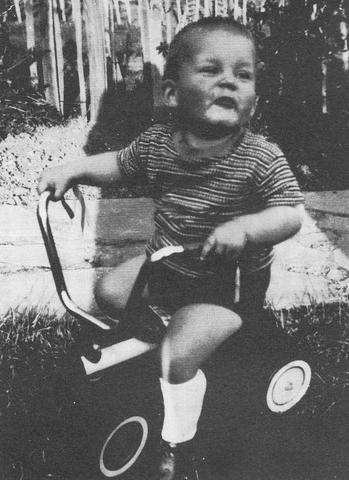
Just as a post script to my interview with Cymon and Terry, I was just chatting to them about the book itself and I was doing some mental maths. This current re-release of the back issues has higher production values, with a gold foil embossed jacket and limited to a print run of only 500, so I doubted they would make any money out of it.
“We won’t make much money once we have to divided it up amongst all the members,” Cymon tells me.
“The members?” I wondered. I wasn't sure who he was talking about. Did Boy’s Own have a membership scheme I didn't know about?
“No – Me, Terry, Andrew and Steve – the original members.”
And that, to me was telling and nicely summed up Boy’s Own. None of them need to produce this book for financial gain. The four original members have gone on to have successful careers.
They are doing it because they a just a bunch of lads who have known each other for four decades, who are still mates, look out for each other, did something they loved and are proud of what they did. And for that, if nothing else, we salute you Boys Own.
Test Pressing would like to thank Oi Polloi, Terry, Cymon and Eddy Rhead. x.

